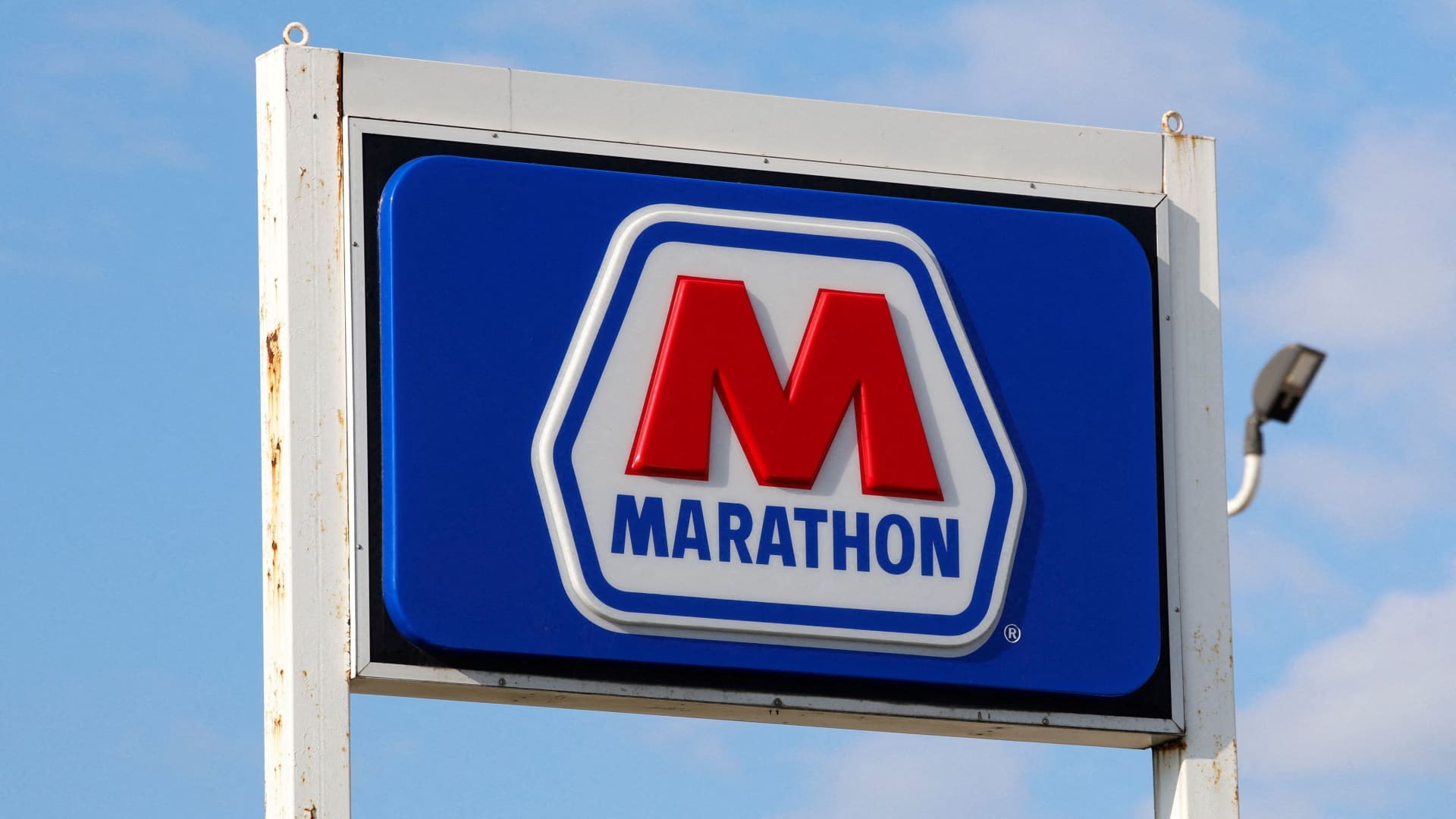As investors seek returns from companies flush with cash, certain names stand above the rest, according to Morgan Stanley. Despite heavy growth in capital expenditures in the third quarter, cash balances at companies increased slightly, strategist Todd Castagno said in a note Tuesday. The Russell 1000 cash balance increased to $2.1 trillion in the quarter, he said. Total shareholder return, which includes dividend and buybacks, also rose somewhat. It increased to $1.9 trillion, a 1% quarter-over-quarter move higher and a 9.2% increase year over year, Castagno said. Within those returns, $770 billion of dividends were paid, up 6.2% year over year, and $1.1 trillion of net share repurchases were done, 11.3% higher from a year ago, he added. “Dividends provide current income to investors, but are typically more restrictive than a free standing buyback authorization,” Castagno wrote. “Buybacks may indicate that management believes its stock is undervalued and could potentially reduce the total number of shares outstanding.” A strong shareholder yield suggests that a company is of higher quality than those that have lower returns, he noted. To that end, Castagno screened for Russell 1000 companies that have a total shareholder return greater than 6%. In addition, the names have a last-12-month dividend-coverage ratio above 2, as well as positive net income compound annual growth rate over the next two years. Lastly, the companies have positive free-cash-flow CAGR expected over the next two years and an investment-grade credit rating. Here are some of the stocks that made the cut. Marathon Petroleum has a total shareholder return of nearly 18%. The oil refiner, which yields 2.11%, recently announced a 10% quarterly dividend increase payable Dec. 10. In the third quarter, the company returned $926 million of capital to investors, including $650 million of share repurchases. The stock has gained about 37% this year. HP also made the list. The computer and printer manufacturer has a dividend yield of 4.93%. It has a 15% total shareholder return. HP has struggled this year, losing more than 25%. On Tuesday, the company issued disappointing earnings guidance for the year and said it would slash 10% of its workforce . Its fiscal fourth-quarter results, however, topped expectations. “As we look ahead, we see a significant opportunity to embed AI into HP to accelerate product innovation, improve customer satisfaction and boost productivity,” HP CEO Enrique Lores said on the earnings conference call. The company returned $1.9 billion to shareholders in the form of dividends and share buybacks in fiscal 2025. Meanwhile, FedEx ‘s earnings and revenue for its fiscal first quarter came in higher than expected when the company reported results in September. FedEx also completed $500 million in share repurchases during the quarter. The package delivery company is in the midst of spinning off FedEx Freight into a new publicly traded company, which is expected to be completed in June 2026. FedEx has a total shareholder return yield of 7%. The stock is down nearly 3% year to date. Lastly, CVS Health has a total shareholder return yield of 6.6%. The drug-store chain and health insurer widely beat earnings and revenue expectations for its third quarter when it reported results last month. It also raised its adjusted profit outlook for the full year amid improvement in its insurance unit. CEO David Joyner, who took over the top job last October, has been working on turning the company around by cutting costs and making executive leadership changes. ″[I] couldn’t be more happy about the fact that this is three quarters where we’ve had a beat and raise and obviously, looking into Q4, we feel really, really good about our ability to close out the year favorably,” Joyner said. Shares of CVS are up 78% in 2025.





